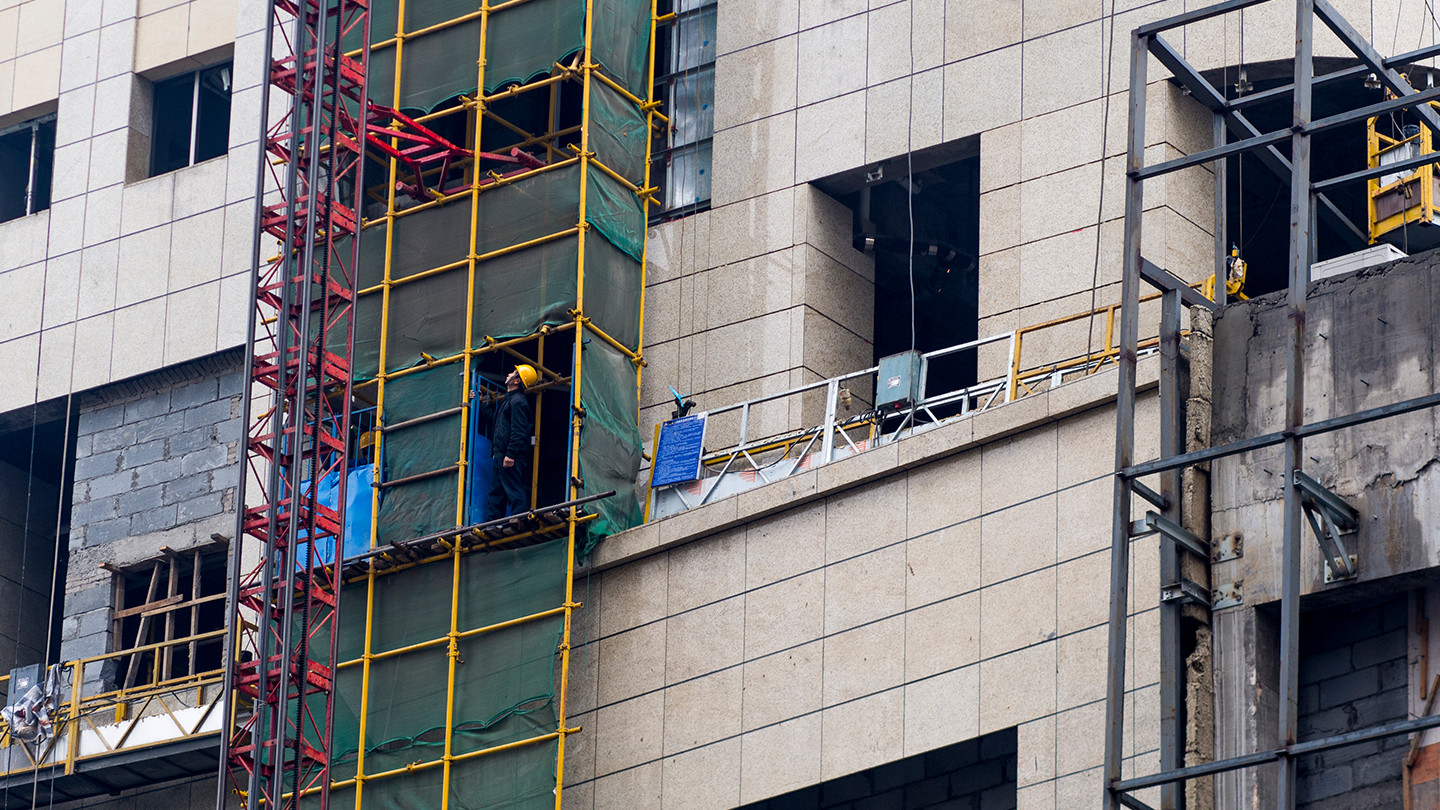Is China’s property market weakening?


A significant segment of China’s property market could dampen in the second half of 2016 as sentiment among developers shows signs of softening.
That’s the finding from our latest semi-annual China property survey, which took place in July and focused on 30 of the biggest unlisted local property developers in the country’s lower-tier (tiers 3-4) cities.
This group of developers is particularly interesting because the lower-tier cities account for about half of China’s housing market. Yet, compared to top-tier city developers (tiers 1-2) and listed developers, statistics on unlisted developers in lower-tier cities are limited.
Whereas home prices in China’s megacities have sky-rocketed, property sales in China’s lower-tier cities have been stable
Lan Shen, Economist, China
Property developers expect construction momentum to continue in the next six months. But interestingly, the expected rise in construction is not because developers are confident in sales being strong; rather, they want to accelerate their sales revenue. Our survey found that this is becoming a more important main financing source, as access to bank credit is becoming increasingly difficult for developers. Some of them are so keen to sell stock faster that they are accepting lower down-payments or are taking down-payments in installments, while others have offered additional gifts to buyers.
The housing market picture in China’s lower-tier cities is very different to the one in the higher-tier cities. Whereas home prices in China’s megacities have sky-rocketed, forcing local authorities to tighten housing policy, property sales in China’s lower-tier cities have been stable only, leaving developers under pressure to shift stock. Against this backdrop, it’s not surprising that the developers we surveyed were only cautiously optimistic about future sales. On a positive note, most of them said they are on track to reach their full-year target, thanks to their de-stocking initiatives.
While there is no immediate risk of construction levels in the lower-tier cities falling, worry about future activity is mounting. Bank credit remains tight for developers. If sales cannot increase substantially, financing conditions will become harder for them. Most of the respondents said they were slightly nervous or worried about their cash positions in the near term, with sales revenue cited as a top three funding source, alongside bank loans – the cost of which is rising – and using own capital. Developers also said they found it more difficult to issue bonds for financing, given increasing default cases in the local bond market.
In the wake of stable sales, the developers believe there will be further easing by local governments, expecting the down-payment ratio for buyers to be maintained or lowered, mortgage interest rates likely to stay flat, tax and subsidies for buyers becoming more favourable, and a marginal easing of hukou (household registration system) restrictions in the next six months. However, easing policies are likely to come from local government only – developers think the central government will maintain their market neutral (no major easing or tightening) housing policy.
We believe central government housing policy will be based on two key targets this year: de-stocking and supporting demand. Given there wasn’t a clear pick-up in sales in the lower-tier cities in the first half of 2016, local housing market policy may stay accommodative and focus on containing default risk and pushing sales. Although defaults on borrowing are not expected to be a common occurrence in the second half of this year, as many as two-thirds of the developers expect a few more cases, reflecting concerns over the rising default risk in the market.
Another sign of developer sentiment softening comes from the falling appetite to buy land. The number of land purchases – a good indication of developers’ expansionary appetite – in lower-tier cities has weakened, and developers said they feel cautious about purchasing land in 2016. Most of the respondents said they expect prices to continue rising in the second half of this year, by up to 10 per cent.
Away from developer sentiment becoming more cautious, an interesting finding from our survey is how the structure of home buyers is changing in China. First-time buyers supported the country’s housing market boom for around 10 years, but this part of the demand is now shrinking. Compared to our survey in January, the number of first-time buyers buying in lower-tier cities is down to 43 per cent from 50 per cent, while purchases by up-graders increased to 46 per cent from 43 per cent.
China’s property market is one of the most important sectors to its economic health, accounting for about 13-15 per cent of GDP. When it comes to the country’s lower-tier cities, developers are bracing themselves for tighter times, which could dampen their expansionary appetite going forward. While the housing market in top-tier China cities is overheating, our survey shows the picture across the country is very mixed.
Important disclosures regarding Standard Chartered Global Research content can be found in the Global Research Terms & Conditions